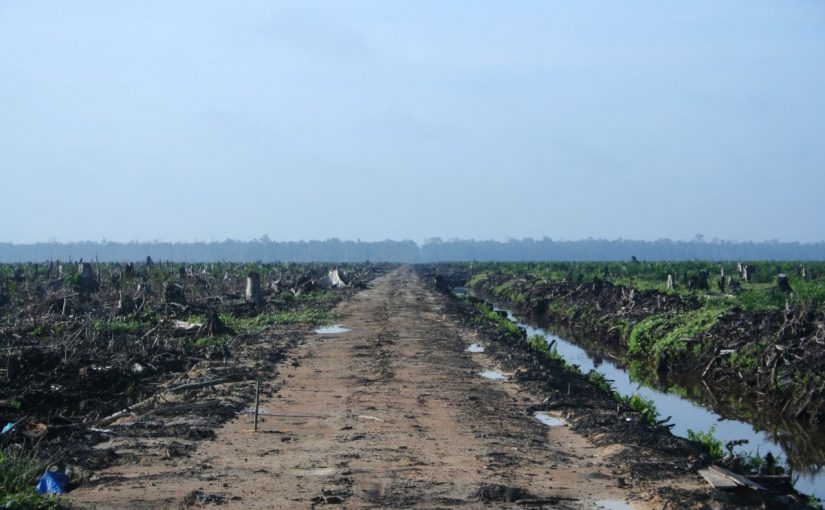Feb 5th 2017
Triggering Passages:
“The average American consumes more than his own weight daily in stuff. We buy clothes, electronics, games and products at a rate where today, some 70% of the US economy is based on consumption.” (LaDuke, 2015: 107)
“When the actress sang the song “Butter and Eggs” she used “certain tones and gestures to convey that all dealers in butter and eggs were men of immoral and licentious character… and thereby hold [s] plaintiff and others similarly situated to hatred, contempt and ridicule.” (Newman, 2013: 72)
“Indigestion becomes the return of the repressed as the indigestible black subject pushes back against her consumer, upsetting the white body politic even as she is sold into death.” (Tompkins, 2012: 117)
News Media Context:
“Beyond these accolades, our country’s has a deeper history still of countless lesser-known black women, enslaved in fields and kitchens, who have fed children not their own and who have long shaped our most celebrated foodways, recipes and sustainable agricultural practices.”
A More Abundant Share- The Future Of Food Is Black
http://www.huffingtonpost.com/entry/future-of-food-is-black_us_5895f081e4b0c1284f263d69
Response:
Reading LaDuke’s reflection on her time at the Taos Pueblo of New Mexico, I was deeply affected by her words on consumption, an act, that has become inseparable from the American identity. After noting that no one in the world consumes more than a North American, and going on to list Costa Rica and Vanuatu as two of the happiest countries in the world (one an Island with an 80% local economy and the other having no military), the United States place as a consumer in the world is abundantly clear.
Consumption in the U.S. goes beyond the use of energy and resources, the history of colonization and decimation of black and brown bodies that the foundation of this country has relied upon historically, is a form of consumption within itself.
In this context, colonization= consumption. A country rooted in colonizing, is in essence, constantly consuming the “other”, and placing them in the position of subordination that is necessary to rationalize neglect and lack of humanity. The more “other” bodies are degraded, the easier it becomes for the oppressor to rationalize the degradation. As Tompkins states, the triple loss of “home” “rights”, rights over his or hers own body and loss of political status leads to social death and lack of humanity altogether, with that act the black and brown body turns less into a body and more into a “thing”, as stated on 118 of Tompkins, “the more Frado is tortured, the less human and more animal she becomes to the eyes of the domestic figure.”
The disproportionate physical, economic and psychological burdens placed on people of color in this country are not coincidental. Centuries of systematic oppression and intergenerational trauma are placed upon black and brown bodies from birth. If you care about bodies other than your own, it is necessary to make yourself unpalatable and indigestable to the racist, classist and misogynistic norms this country operates on. As Shakira Simley states in her article A More Abundant Share, The Future Of Food Is Black, the future of food is people, and “Our healing will come and bellies will be full when we dismantle corporate control of our food system by empowering our own communities.”
